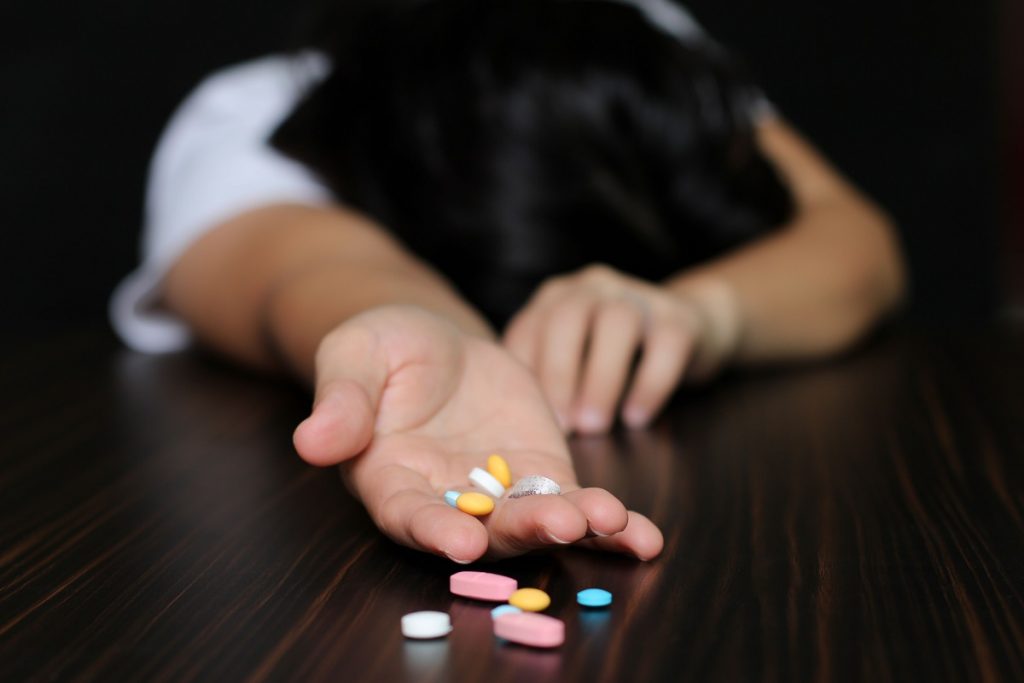- Drug abuse negatively impacts users, families, friends, and broader communities, posing health risks and burdening healthcare systems.
- Increased crime rates often accompany drug abuse, reducing neighborhood safety and impacting property values.
- Substance abuse can affect workplaces through reduced productivity, frequent absenteeism, and potential job loss.
- Stigmatization and discrimination related to drug addiction can lead to social isolation and exacerbate the recovery challenge.
- The strain on social services intensifies due to the increased demand for counseling, addiction treatment, and welfare support.
Drug abuse is not only an individual issue. It can have far-reaching consequences that affect entire communities. The devastating effects of illicit drugs are not limited to the user. They may impact families, friends, and the wider community – including businesses, schools, churches, and public spaces. Understanding these effects, preventing drug abuse, and reducing its impact is important.
Illegal Drug Usage in The U.S.
It’s estimated that about 37 million Americans use drugs each year, and around 10 million are considered dependent on or abusing illegal substances. This means that more individuals than ever are at risk for the health consequences of drug abuse. Not only can this cause physical harm, such as organ damage, but it can also significantly impact communities. Here are some ways it can affect your community:
1. Health Implications
One of the most significant impacts of drug abuse on communities is the adverse effects on health. Drug use increases the risk of physical harm and mental health problems and can also burden the healthcare system as emergency services and hospitals deal with the increased demand for care. This can lead to increased healthcare costs for individuals and the community.
2. Crime Rates

Drug abuse is often associated with criminal behavior. The need to fund a drug habit can lead to theft, burglary, or drug dealing. This can result in increased crime rates and overall reduced safety. Neighborhoods with high drug activity are often seen as unsafe and undesirable. This can impact property values, discourage business investment, and deter families from settling in the area, further fueling a cycle of decline.
3. Reduced Productivity
Drug abuse can have a significant impact on the workforce. Workplaces can be affected by drug use as employees may be unable to perform their duties effectively or may be absent more frequently. In some cases, drug use can lead to job loss, resulting in a shortage of skilled workers and increased unemployment rates. This can knock on the local economy and lead to lower living standards in the community.
4. Stigmatization and Discrimination
Drug abuse carries a great deal of stigma, causing social isolation and exclusion for those affected. In many cases, those who suffer from addiction may face discrimination from employers, schools, or landlords, due to the pervasive negative stereotypes associated with drug use. This can make it more difficult for affected individuals to seek help and recover from their addiction. The stigma can also extend to the broader community, leading to social divisiveness and a lack of empathy toward those affected.
5. Increased Strain on Social Services
Drug abuse can increase the demand for social support services such as counseling, addiction treatment, and child welfare support. Those affected by drug abuse often require these services simultaneously as other community members, leading to increased strain on the system and longer waiting times for those who need help. This can lead to further social inequality and exclusion, especially for those without the resources to access private healthcare.
Dealing With Illegal Drug Use
You want your community to be a safe and thriving place. To do this, it’s important to tackle drug abuse head-on. Here are four ways you can help:
Legal Help
Drug possession and usage are indeed a problem. However, people who are wrongly convicted can suffer greatly. This is why your community needs to have an experienced drug crime attorney. The attorney can represent and investigate the case to ensure justice is served.
Education
Education can have a positive impact on drug abuse prevention. It’s essential to provide young people with the facts about drugs, so they know how dangerous they are and can make informed decisions. Communities should also focus on education initiatives that help individuals understand addiction and its consequences.
Support Services

Affected individuals must have access to support services such as addiction treatment and counseling. These services can help individuals break free from their addiction and reduce the burden on other community members.
Community Engagement
Finally, the community needs to come together and actively work towards reducing drug abuse in their area. This could include organizing campaigns, workshops, and community events to raise awareness about the effects of drug use. It could also involve introducing measures such as stricter regulation or enforcement in areas with high levels of drug activity.
Illegal drugs have been a significant problem in society. To reduce their impact on communities, it’s essential to take a proactive approach and ensure individuals can access the help and support they need. By doing this, people can work together to make their communities safer and more resilient.




